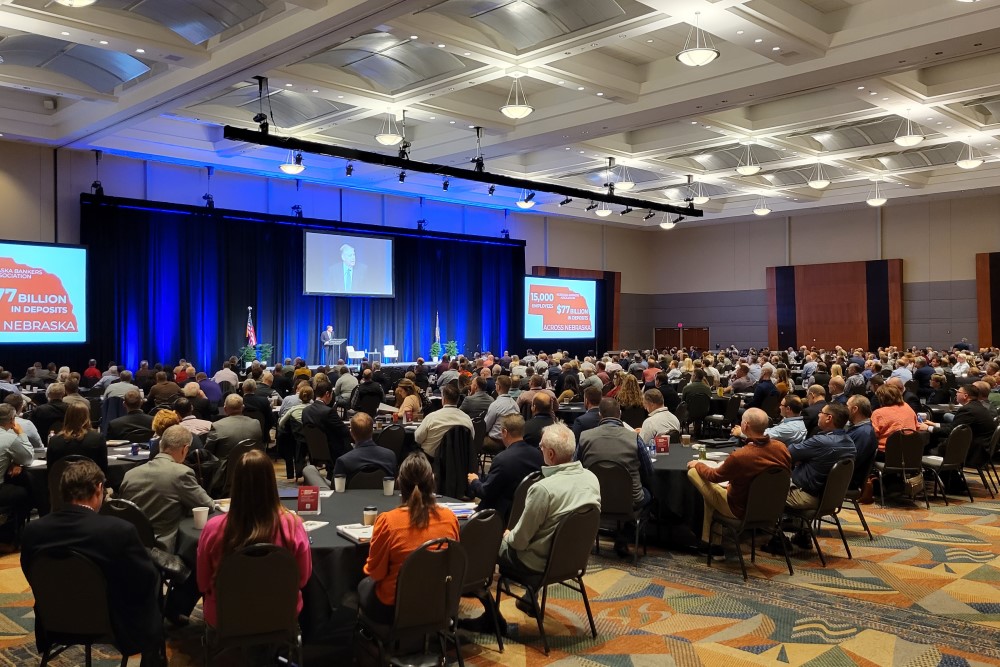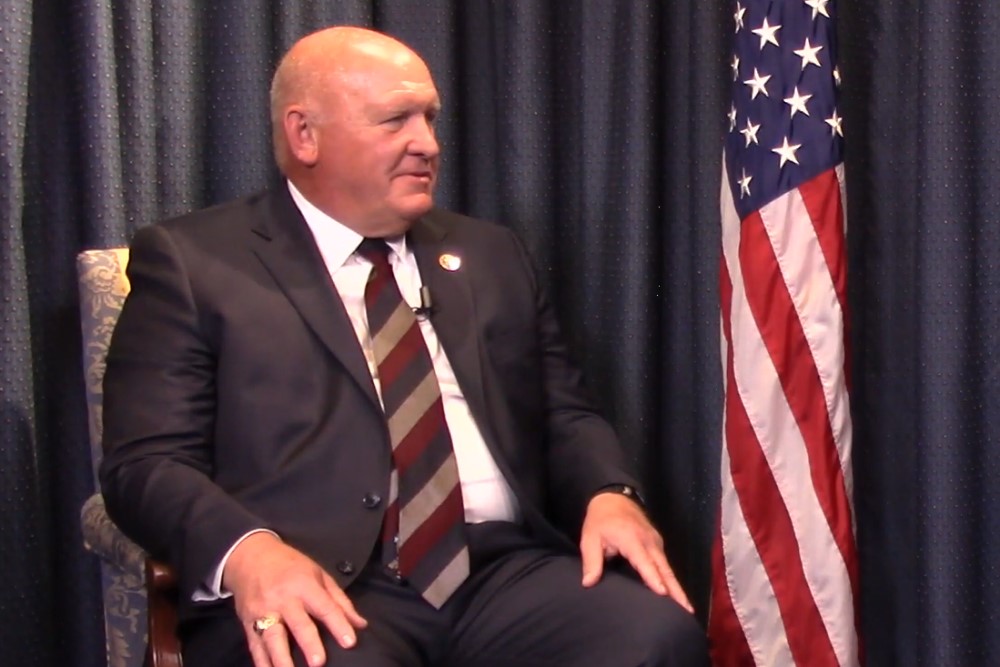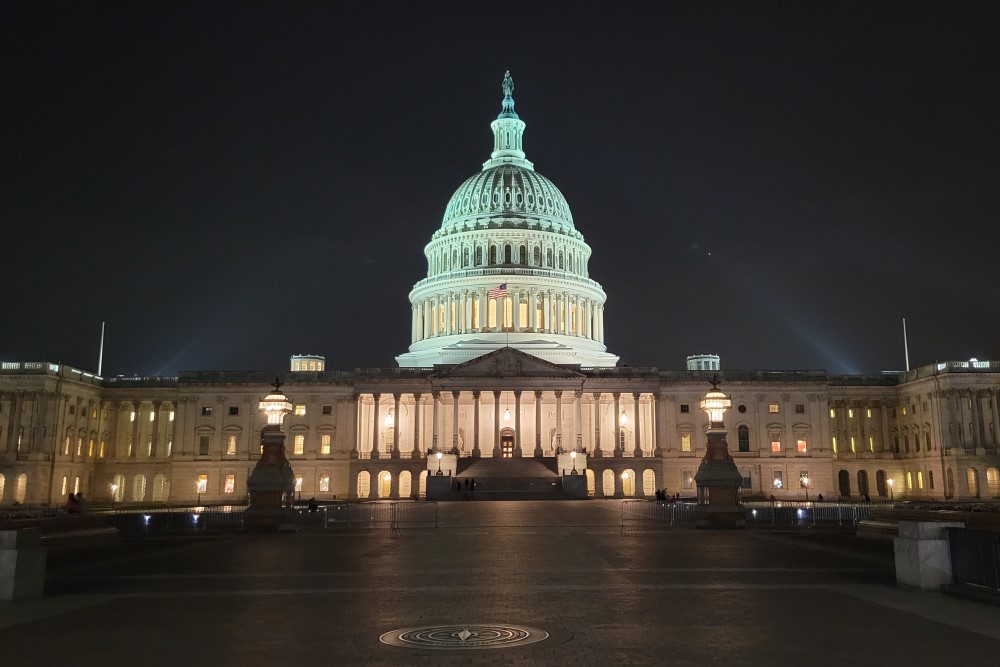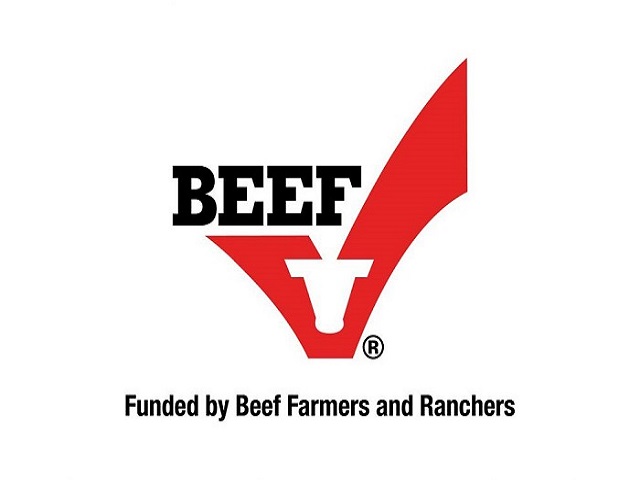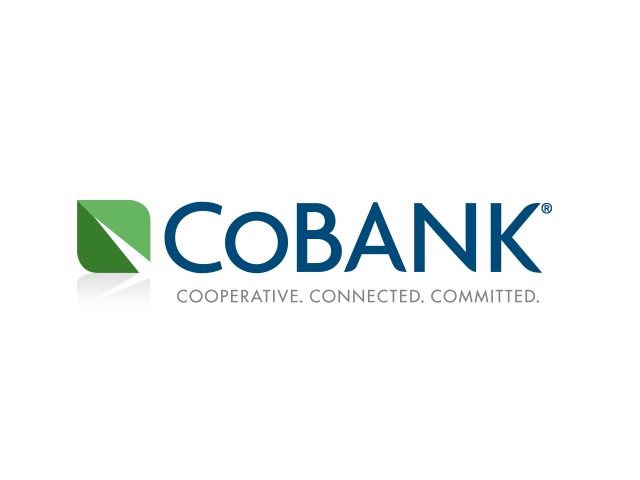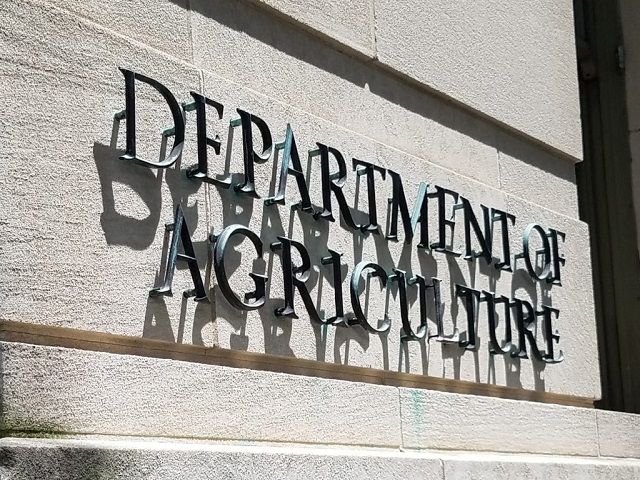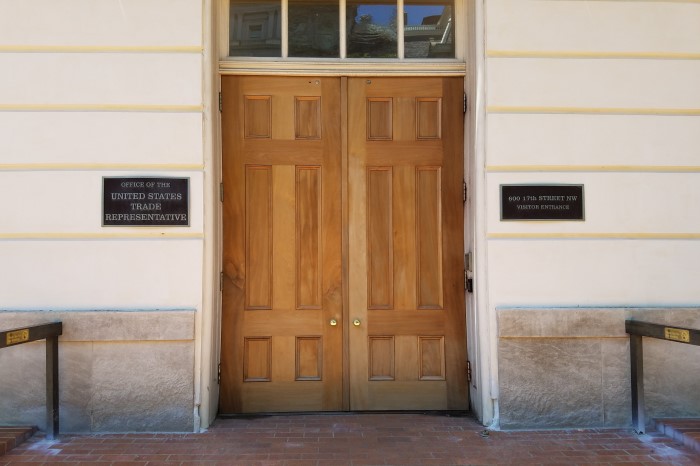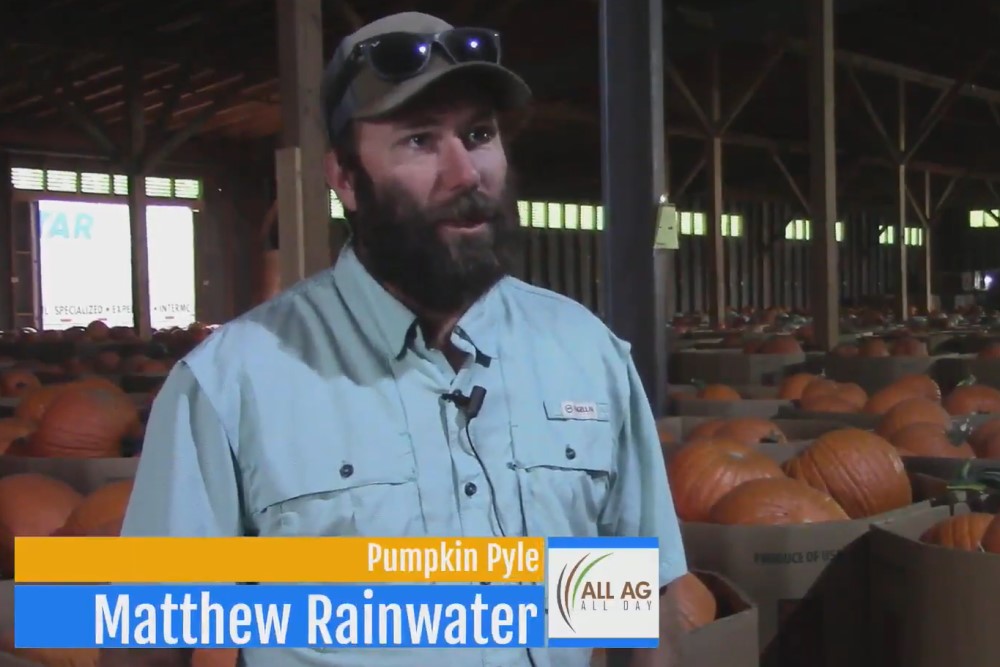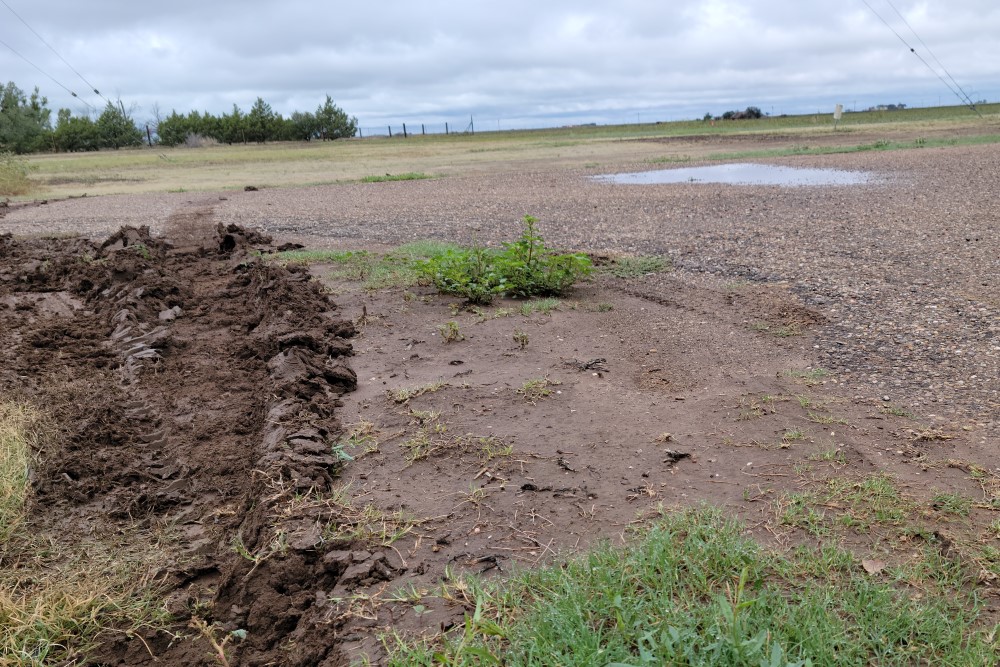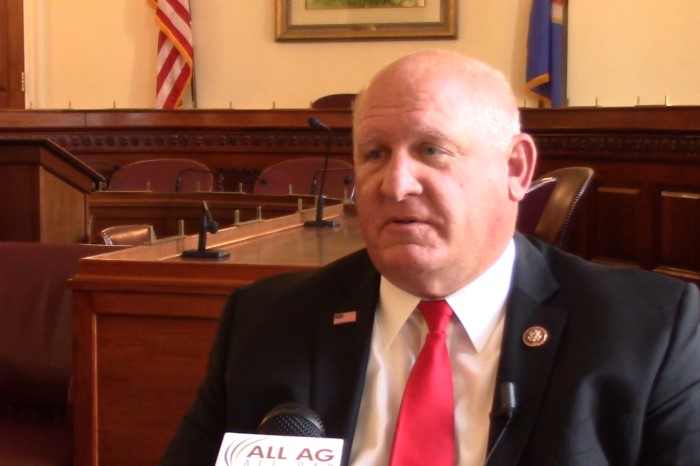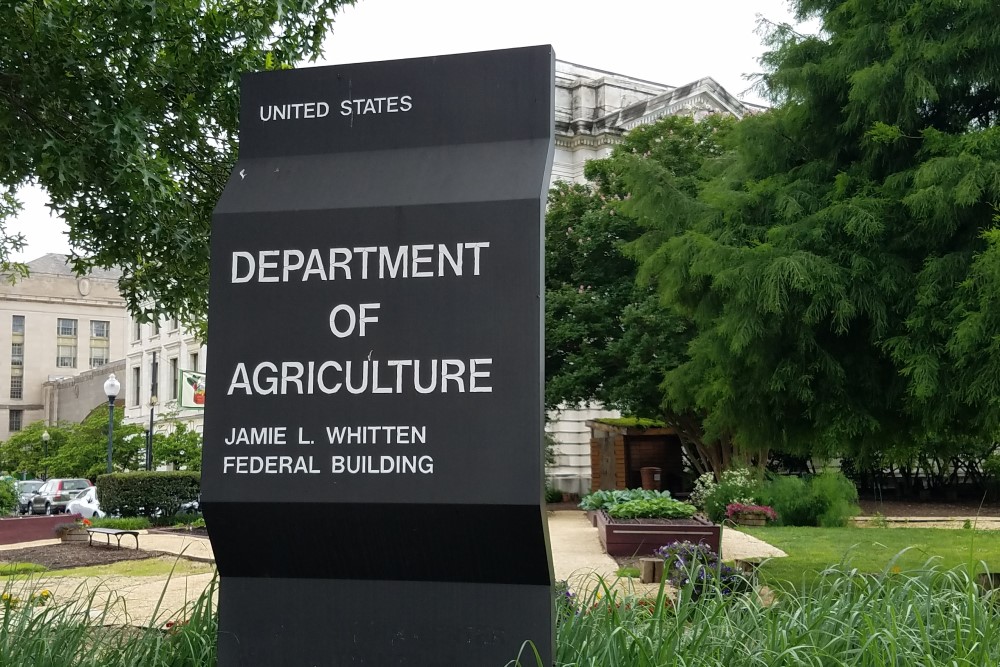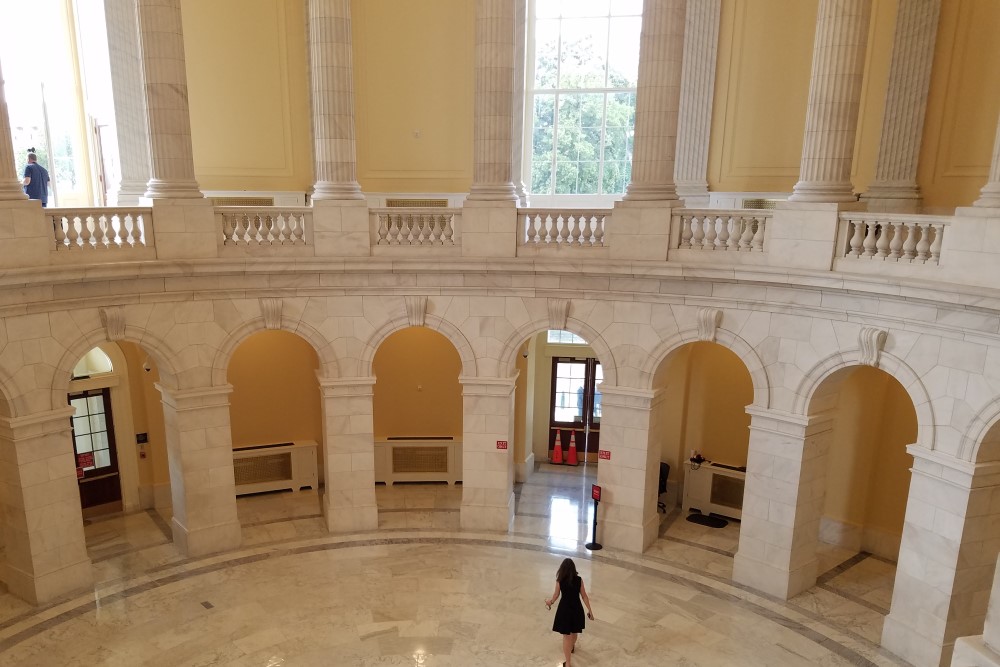Some Syndicated Conservation Easements Facing Heightened IRS Scrutiny
WASHINGTON, DC – Conservation easements have become popular over the past ten years with more than 167,000 contracts and almost 28-million acres secured nationwide. Easements are voluntary but legal agreements that permanently limit uses of the land in order to protect its conservation values. Basically, if you are willing to donate your property for the public good, and that donation reduces the value of your property, you get to take a tax deduction equal to the reduction in the value of your property. In many cases, this equals between 35 percent and 65 percent.
Recently, however, the IRS (Internal Revenue Service) has been working actively to identify, audit, and litigate some syndicated conservation easement deals as part of its “vigorous and relentless effort to combat abusive transactions.”
In a syndicated conservation easement structure, the IRS says promoters syndicate ownership interests in real property through partnerships, using promotional materials to suggest that prospective investors may be entitled to a share of a conservation easement contribution deduction that equals or exceeds two and one-half times the investment amount. The promoters then obtain an appraisal that greatly inflates the value of the conservation easement. After the investors invest in the partnership, they donate a conservation easement to a land trust and investors then claim a deduction based on an inflated value. The investors typically claim charitable contribution deductions that grossly multiply their actual investment in the transaction and defy common sense.
For those who have been targeted for potential fraud, the IRS is offering a limited-time settlement. The government though is clear in their warning that easements will face increased federal scrutiny in the future.
(SOURCE: Internal Revenue Service)




